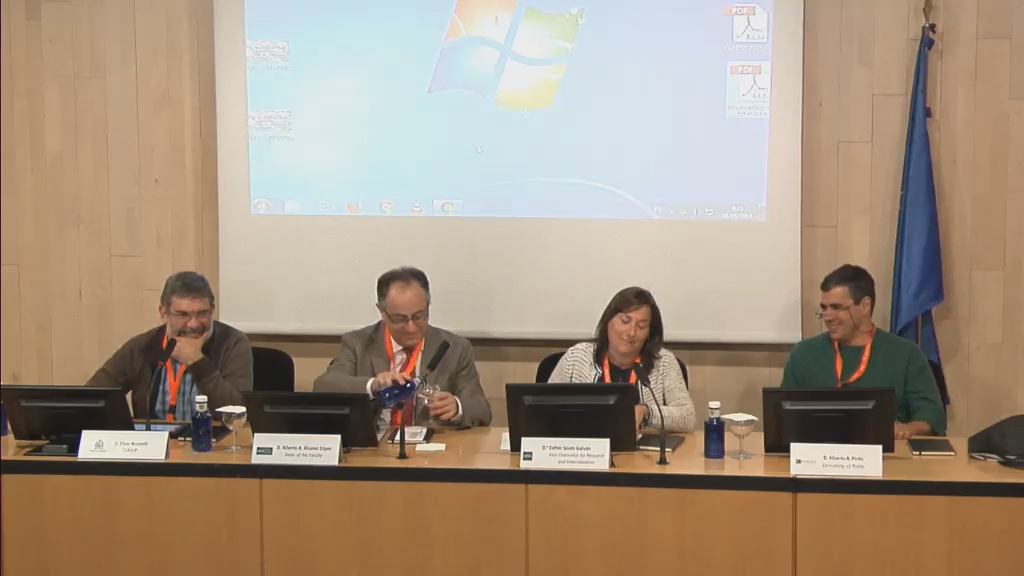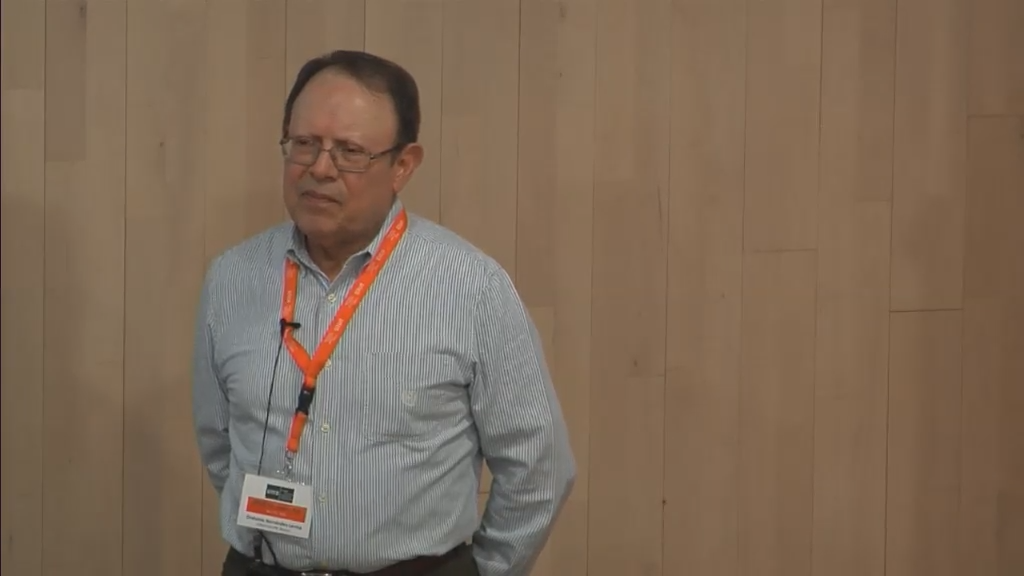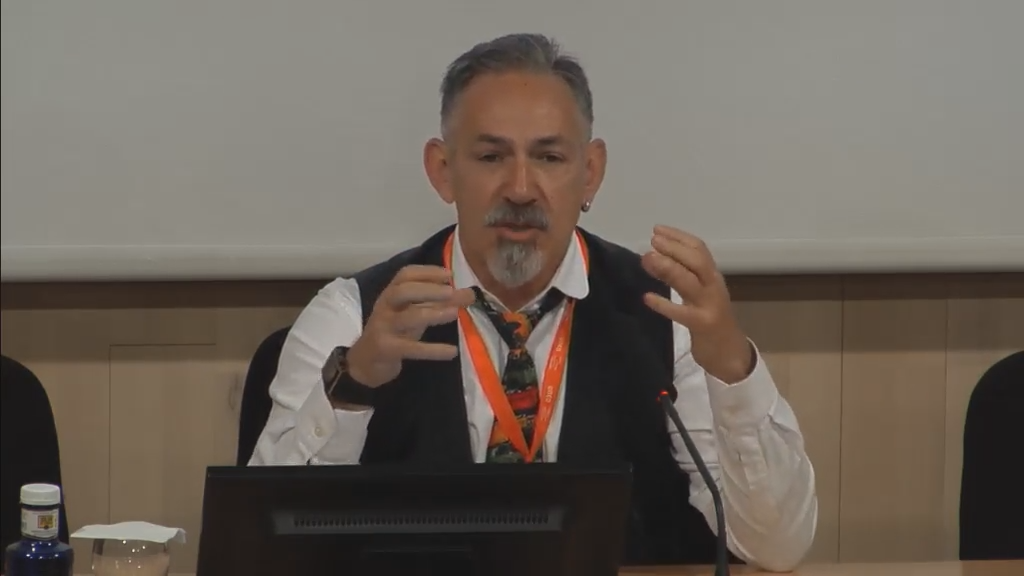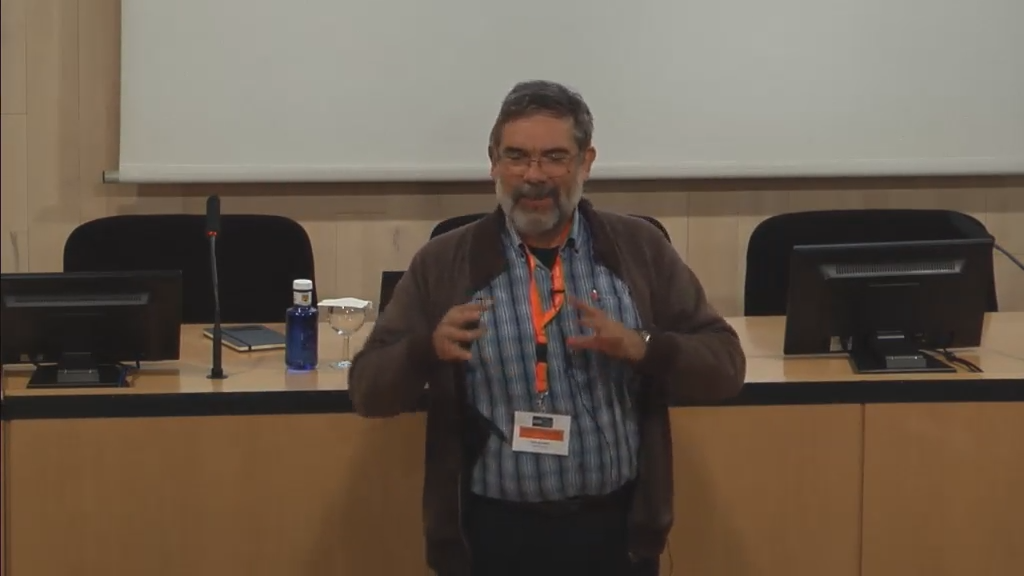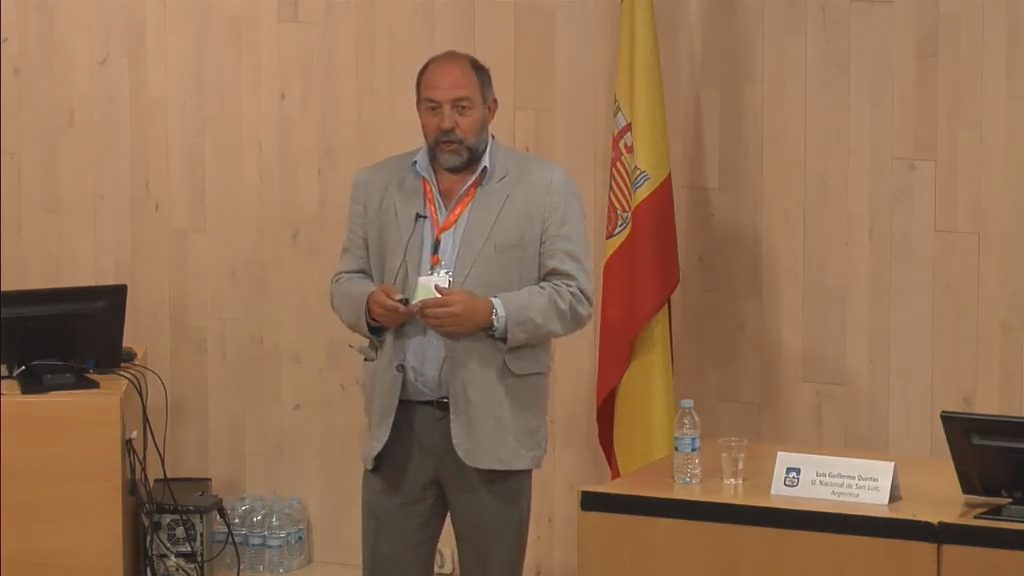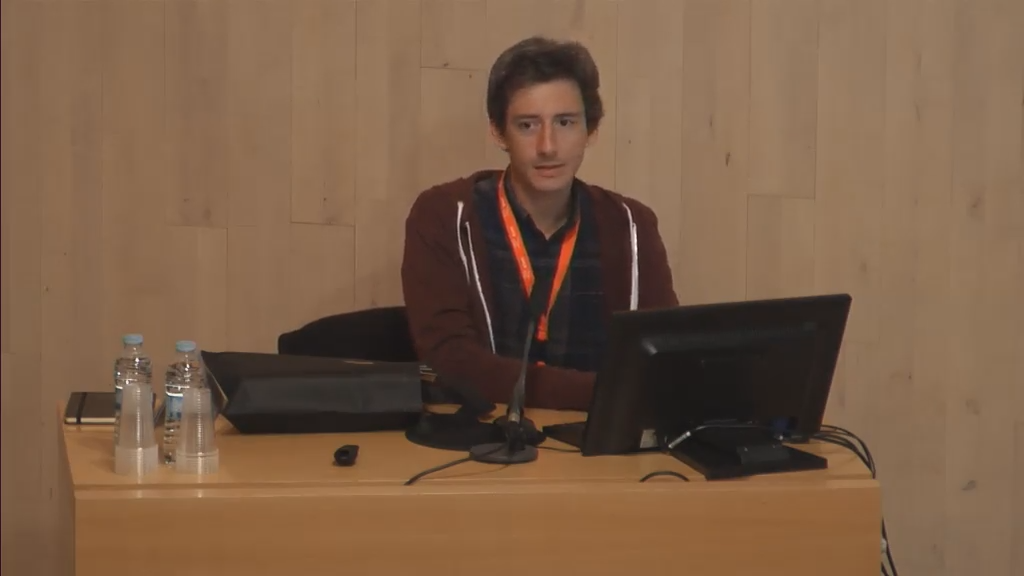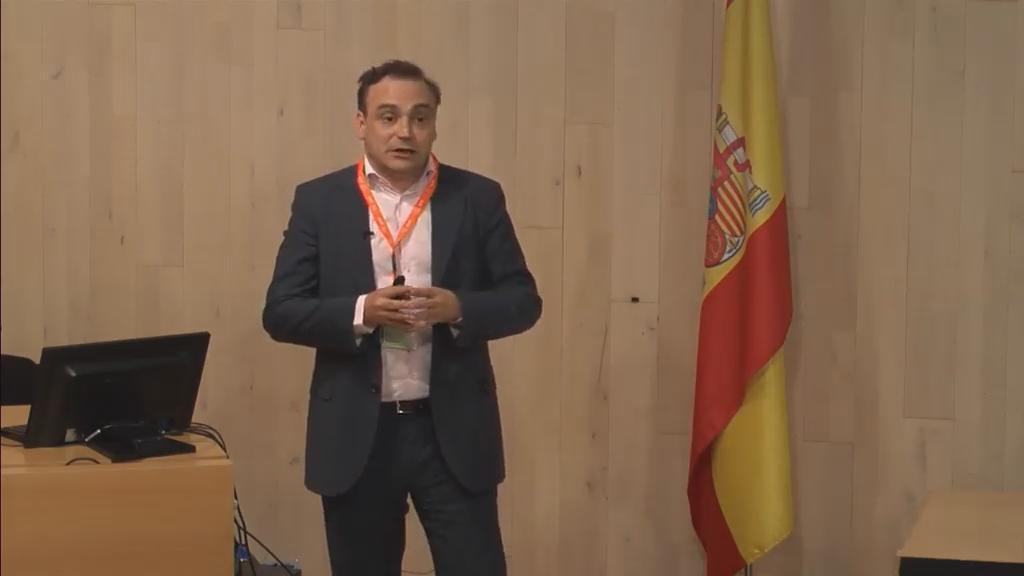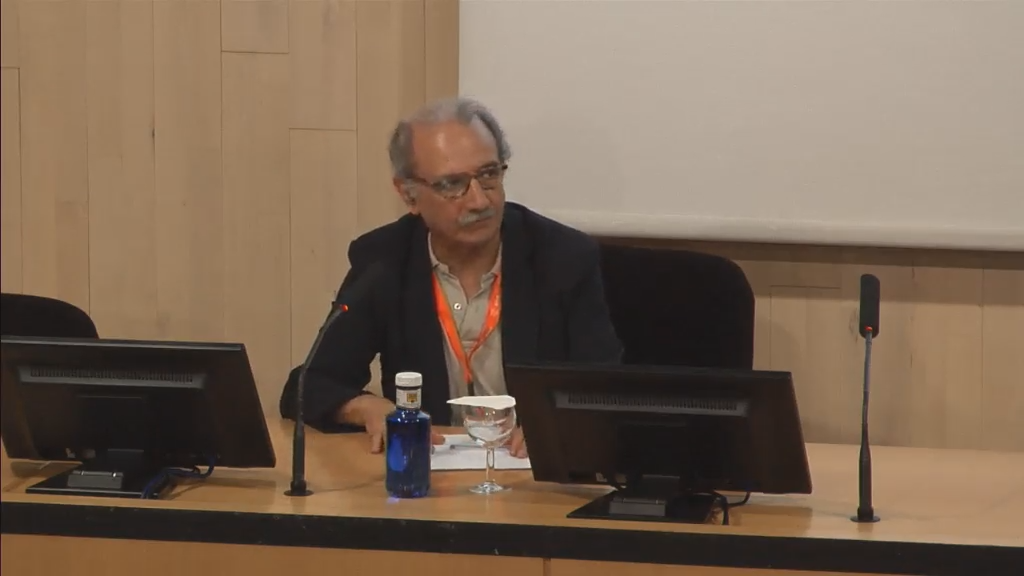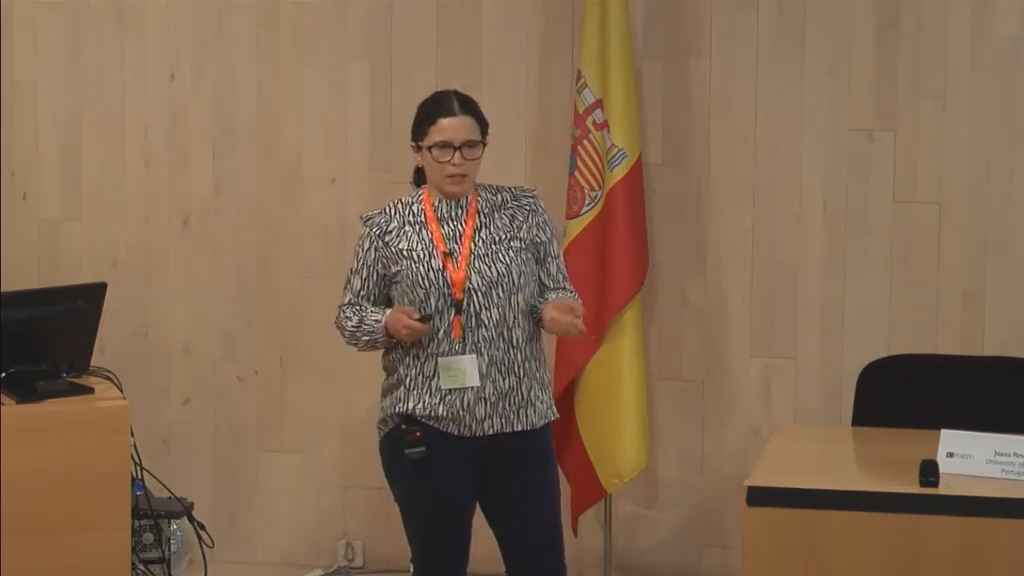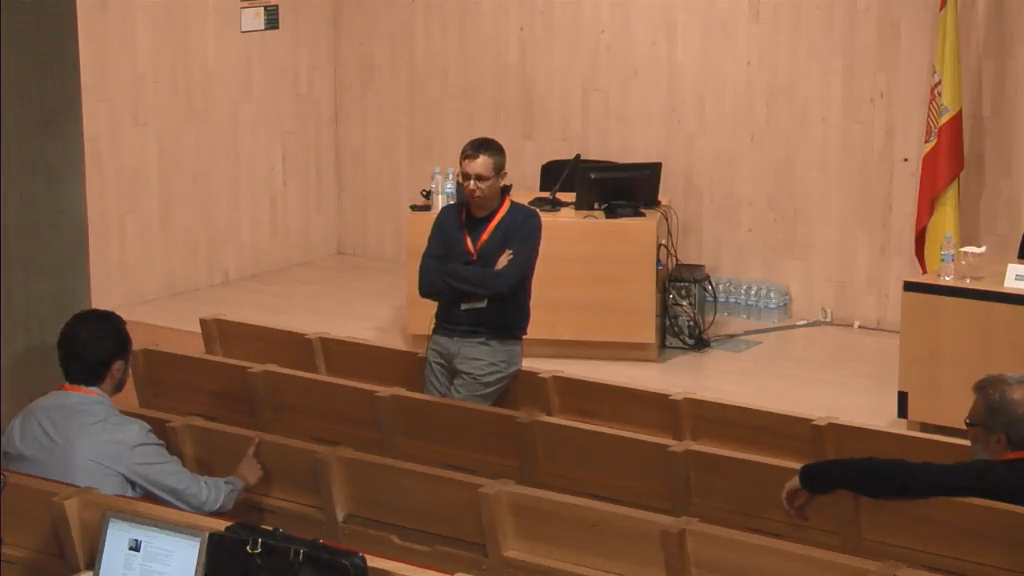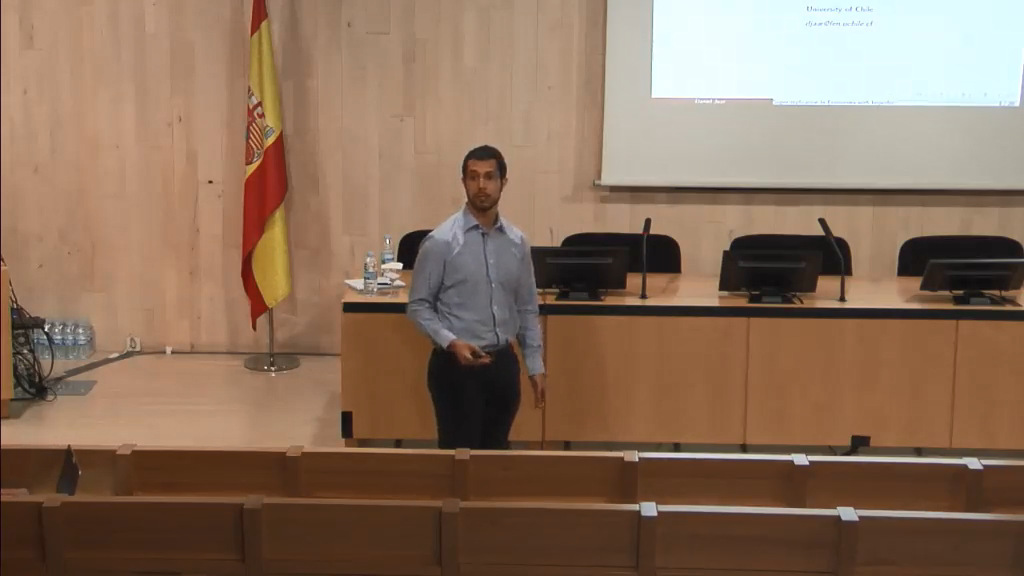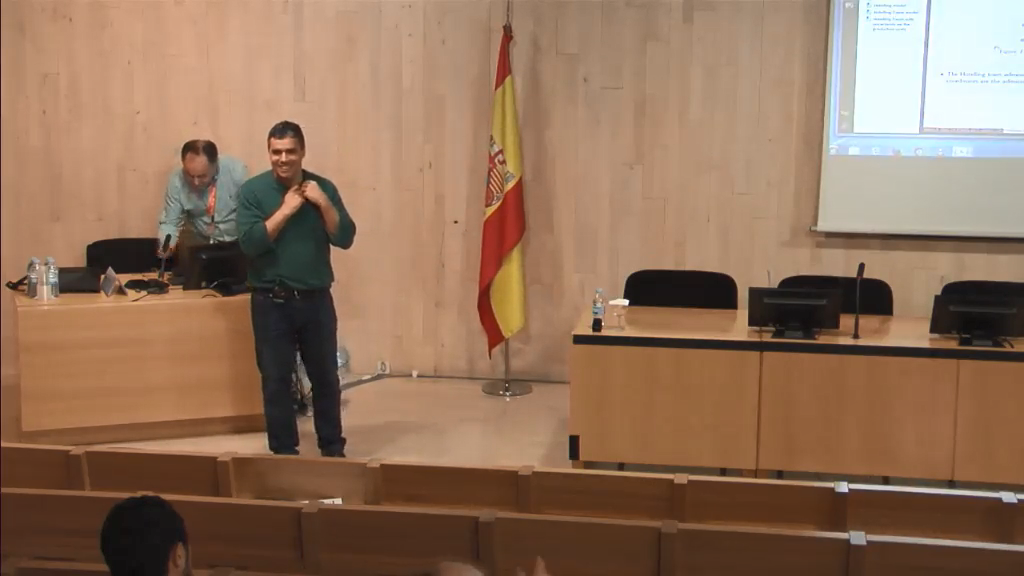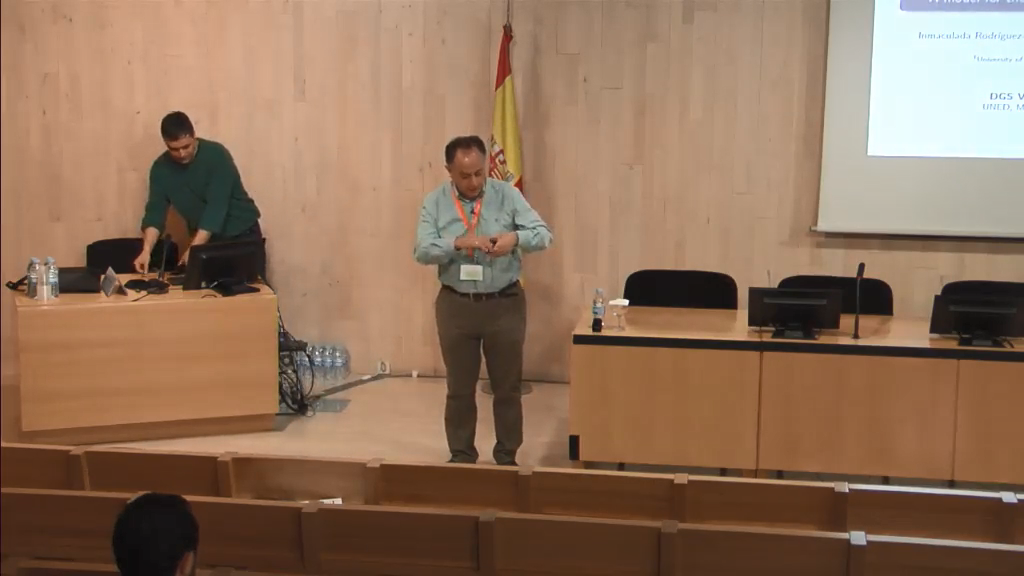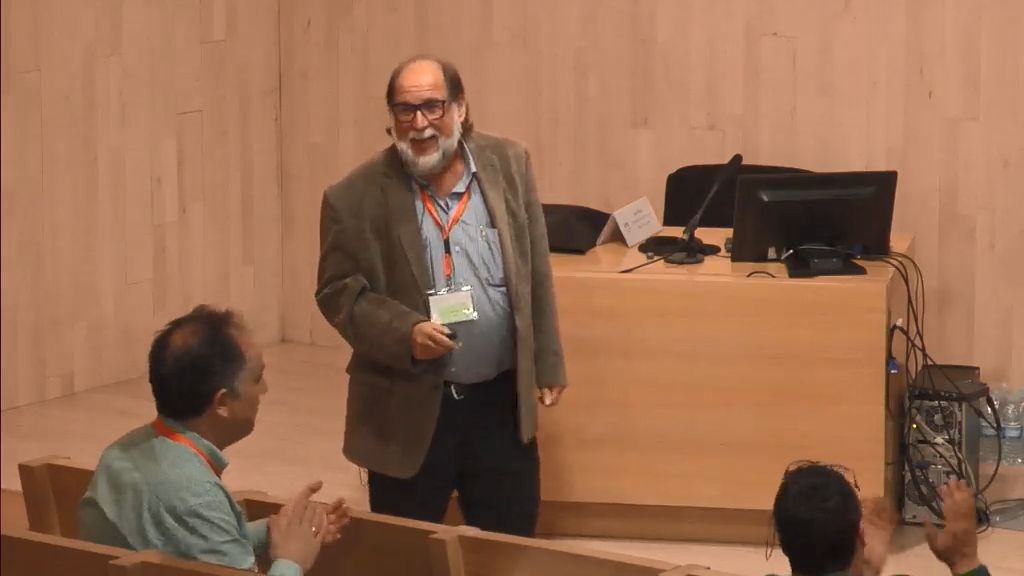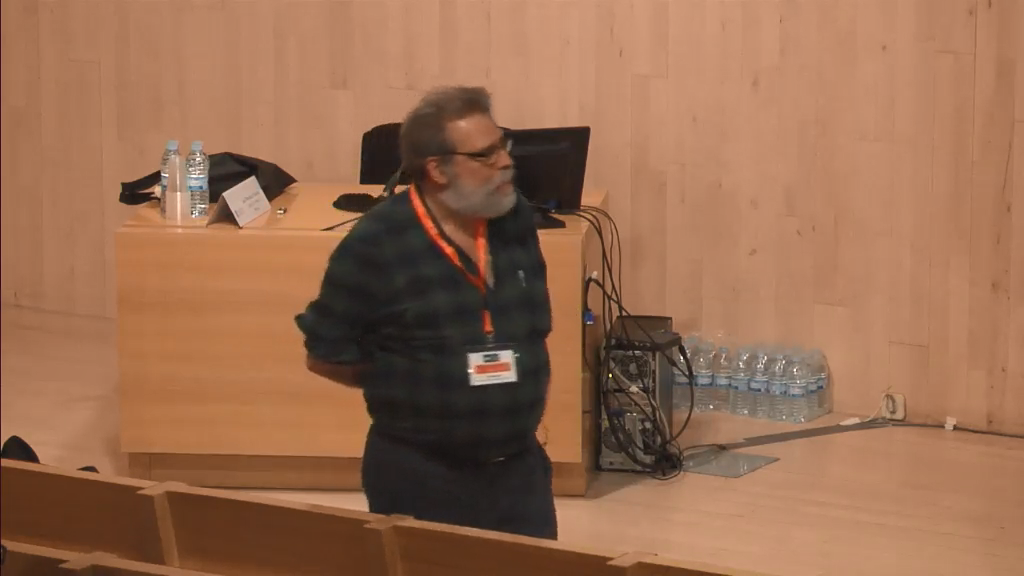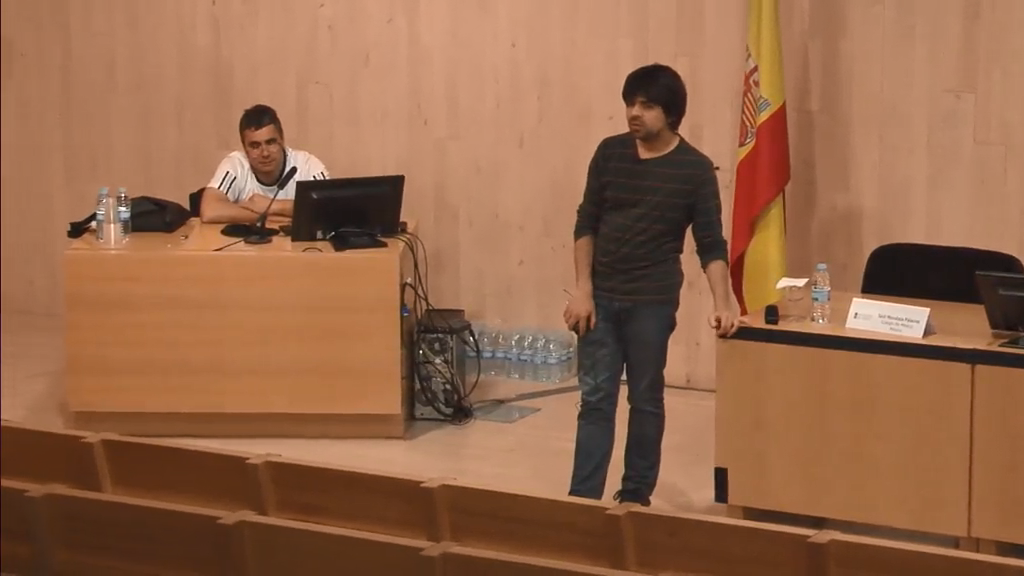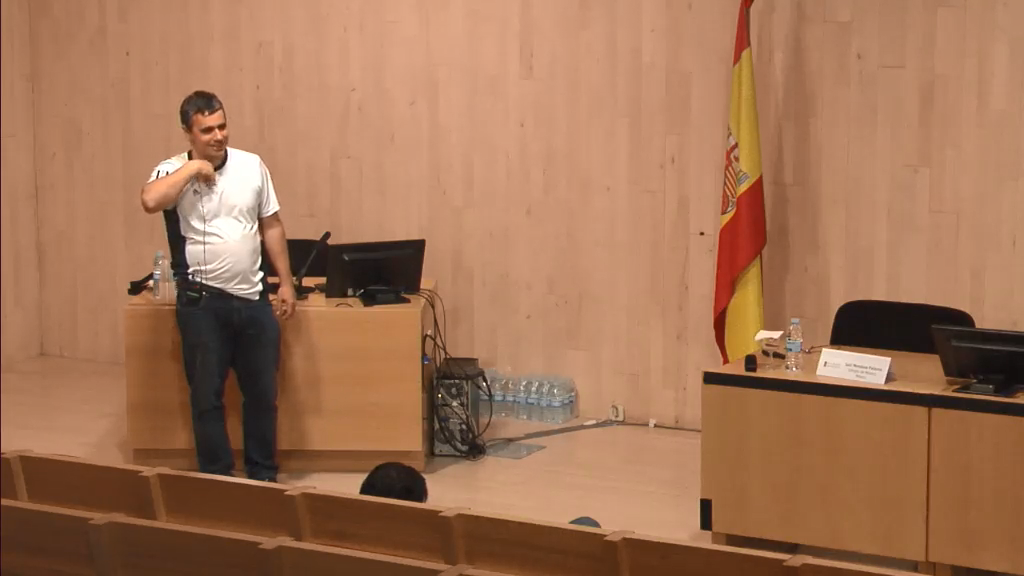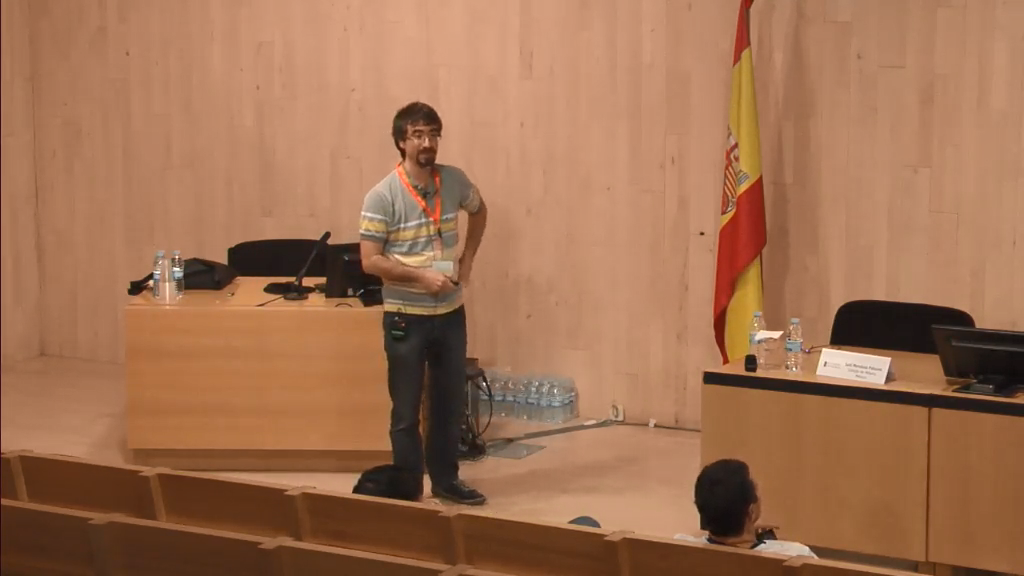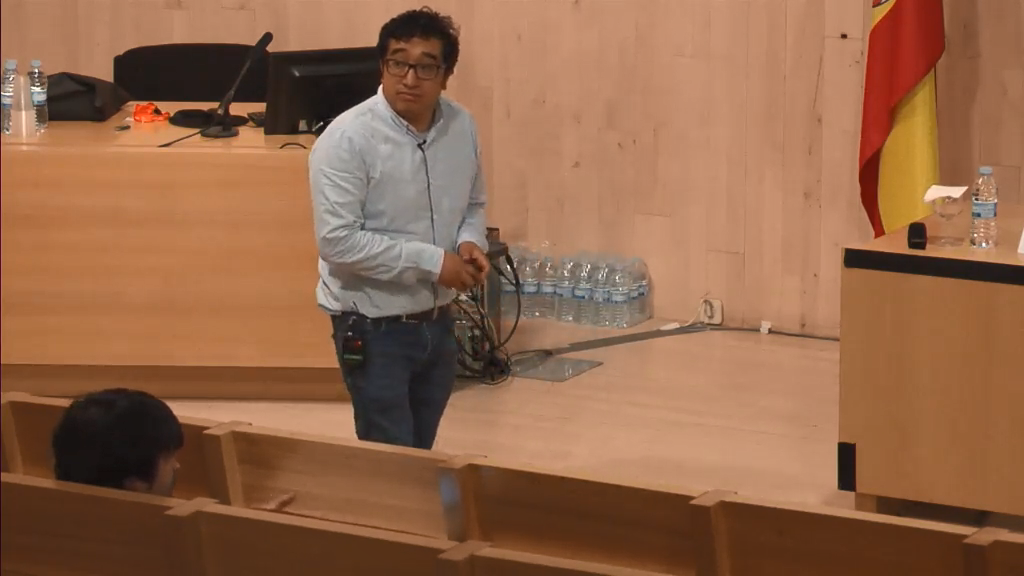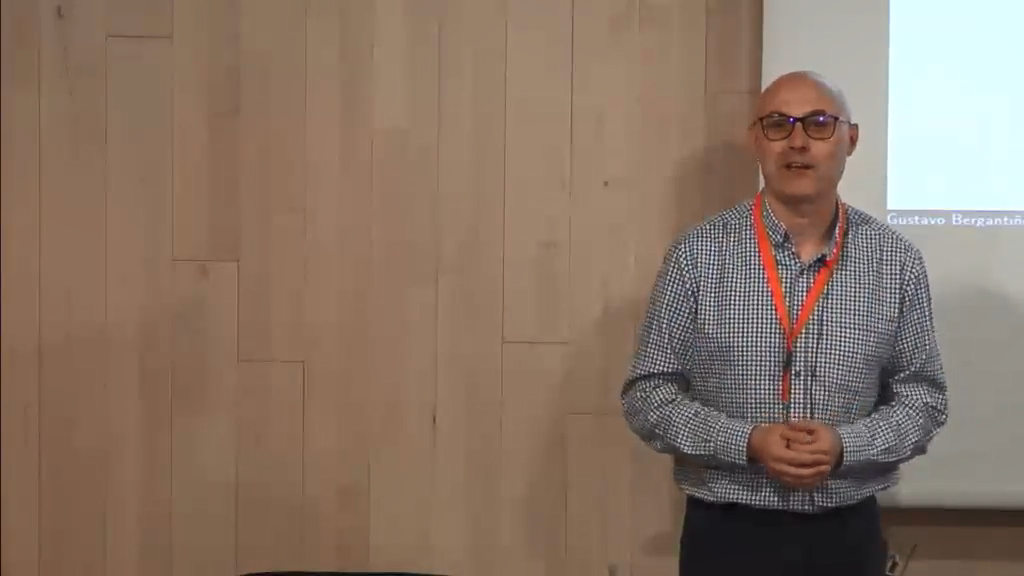Controlling the Controller. A Dynamic Model of Corruption
The aim of this paper is to try to answer the question of who controls the controller when the controller (interpreted as the government) supposed to prevent the spread of corruption, can itself be corrupted. We introduce a normal‐form game between a government (that is elected by universal suffrage of citizens) and officials where both can choose between a corrupt or honest behaviour. In democratic societies, citizens play an important role since they might have intolerance to corruption that is reflected in voting power and thus exert a democratic influence in the maintainance or not of a government in functions.
We build an evolutionary version of the game by means of the replicator dynamics and we analyse and fully characterize the possible trajectories of the system according to an index of intolerance to corruption and other relevant quantities of the model. We show that politically active citizens with an high index of intolerance to corruption can effectively prevent the spreading of corruption. However, when intolerance is not high enough, corruption can be sustaining, either through cycles of diminishing and increasing corruption reflected in political cycles and extreme situations such as dictatorships and situations where democracy is undermined.
-
Filipe Martins LIAAD INESC, Universidade de Porto, Portugal


